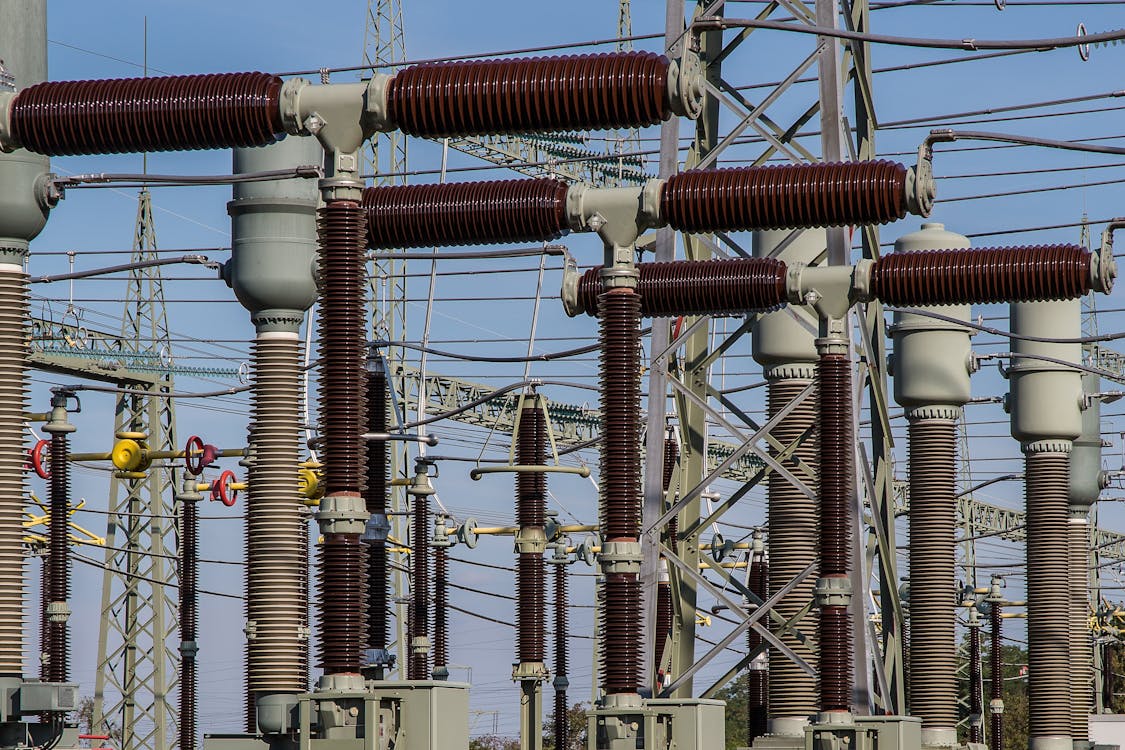AC Power in Modern Manufacturing
Tags: AC, Electricity, Manufacturing,
In the vast and dynamic world of manufacturing, alternating current (AC) power stands as an indispensable element. Its ubiquity and versatility make it a fundamental resource in various manufacturing processes. From running heavy machinery to powering delicate electronics, AC power's role in manufacturing is pivotal for both operational efficiency and innovation. This article explores the importance of AC power in manufacturing, highlighting its applications and the inherent advantages it offers to the sector.
The Pervasiveness of AC Power in Manufacturing
AC power, characterized by its ability to change direction periodically, has become the standard for electrical power supply in manufacturing settings. Its dominance over direct current (DC) in most industrial applications is attributed to several key factors, including its ease of transformation and efficient long-distance transmission.
Driving Industrial Machinery
In manufacturing plants, AC power is essential for operating a wide range of machinery. Large equipment like lathes, milling machines, and conveyor belts relies on AC motors for their operation. The ability of AC power to easily transform into different voltages makes it ideal for running equipment with varying power requirements.
Facilitating Automation and Control Systems
Modern manufacturing relies heavily on automation and control systems, which are predominantly powered by AC electricity. These systems include programmable logic controllers (PLCs), robotics, and computerized numerical control (CNC) machines. AC power's reliability and consistency are crucial for the smooth functioning of these sophisticated technologies.
Advantages of AC Power in Manufacturing
Efficient Distribution and Safety
- One of the primary advantages of AC power in manufacturing is its efficiency in distribution. AC voltage can be stepped up or down using transformers, facilitating the transfer of electricity over long distances with minimal loss. This feature is particularly beneficial for large manufacturing facilities that require a consistent and reliable power supply across extensive areas.
- Moreover, AC power enhances safety in manufacturing environments. AC equipment and systems are generally well-designed to handle high loads and are equipped with safety features to protect against electrical hazards, which are critical in maintaining a safe workplace.
Versatility and Scalability
- The versatility of AC power lies in its compatibility with a wide range of industrial applications. It can power everything from high-load machinery to delicate electronic systems, making it a one-stop solution for diverse manufacturing needs.
- AC power systems are also scalable, meaning they can be expanded or upgraded to meet the growing demands of a manufacturing facility. This scalability ensures that businesses can adapt to increased production needs without overhauling their entire power infrastructure.
The Role of AC Power in Energy Management and Sustainability
As industries increasingly focus on sustainability and energy efficiency, AC power plays a vital role in supporting these goals.
Energy Efficiency Initiatives
- Modern AC drives and motors are designed for optimal energy efficiency, reducing electricity consumption and lowering operational costs. These advances contribute to the manufacturing sector's efforts to minimize its environmental footprint.
- In addition, AC power systems can be integrated with renewable energy sources, such as solar or wind power. This integration not only promotes sustainable manufacturing practices but also ensures a more resilient and reliable power supply.
Supporting Green Manufacturing
The use of AC power is integral to green manufacturing initiatives, which aim to reduce waste and promote energy conservation. AC-powered equipment with high energy efficiency ratings contributes to these initiatives, aligning manufacturing processes with broader environmental sustainability goals.
Conclusion
AC power is a fundamental component in the manufacturing sector, driving a wide array of processes and systems. Its efficiency, versatility, and reliability make it an indispensable resource for modern manufacturing operations. As the industry continues to evolve towards greater automation, sustainability, and technological innovation, the importance of AC power in supporting these advancements remains paramount. The ongoing development and optimization of AC power systems will continue to play a critical role in shaping the future of manufacturing, ensuring that it remains dynamic, efficient, and sustainable.
